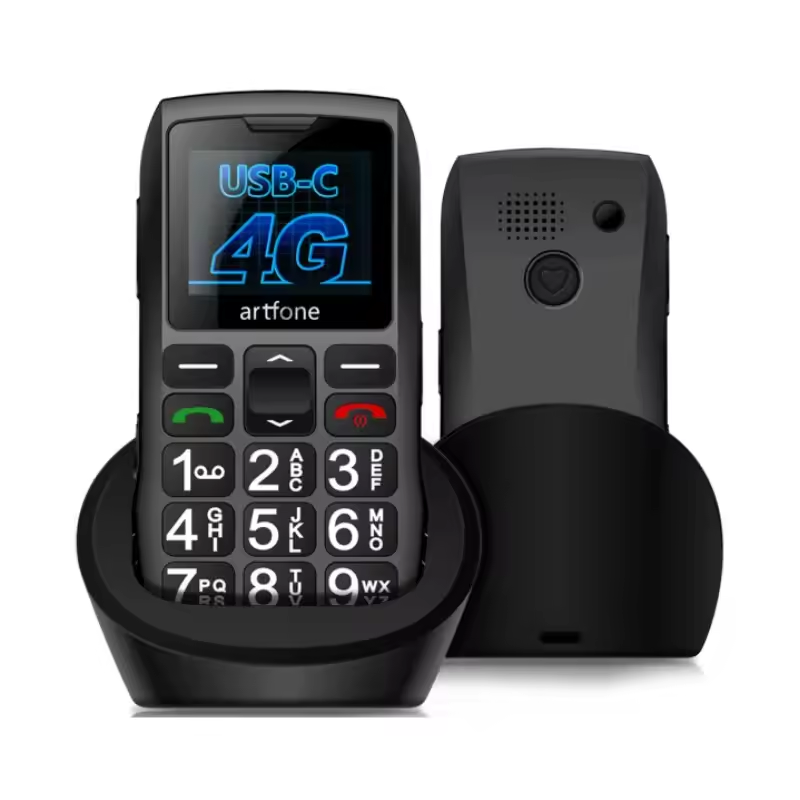Introduction: Understanding Slow Phone Charging
Many smartphone users frequently encounter a common frustration: their phones charge slowly. This raises the question, “Why is phone charging slow?” Several factors can contribute to this problem, including hardware limitations, battery age, and charger compatibility. Understanding the underlying reasons for slow charging can help users take actionable steps to improve their devices’ performance.
Smartphones have become integral to our daily lives, and efficient charging is essential. When charging slows down, it can significantly impact users’ routines, leading to inconvenience and stress. Fortunately, this blog will explore the various reasons behind slow phone charging while providing effective tips to improve charging speed.
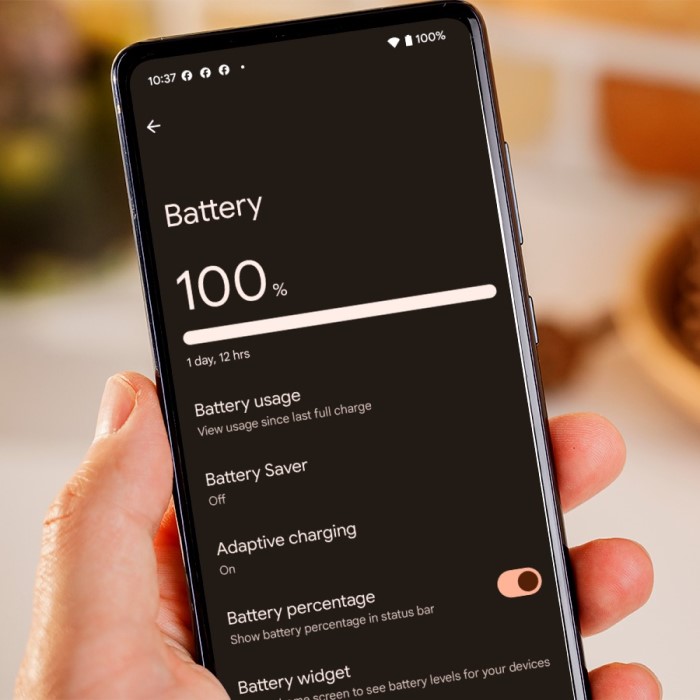
As we proceed through this article, we’ll address not only the factors that contribute to slow charging but also practical solutions and smart habits to adopt for better battery performance. Whether you’re a long-time smartphone user or new to the tech scene, understanding how to manage charging effectively is crucial for maintaining your device’s functionality.
Common Reasons for Slow Phone Charging
1. Incompatible Charger
One significant factor that can lead to slow charging is the use of an incompatible charger. Many users might rely on third-party chargers without realizing that not all chargers are created equally. Chargers can vary in voltage and amperage outputs, which can affect charging speed. Using a charger that does not match your device’s requirements can slow down the charging process, leading to frustration.
For instance, if you are using a charger that provides only 5 watts when your phone supports 18 watts or higher, the charging will be much slower than expected. Always check the manufacturer’s specifications to ensure your charger meets the requirements for optimal charging performance. Investing in a fast charger that matches your phone’s capabilities can often lead to a noticeable improvement in charging speed.
2. Deteriorating Battery Health
Another reason why phone charging might be slow is due to battery health deterioration. After several charging cycles, lithium-ion batteries—common in smartphones—begin to lose their ability to hold a full charge. Several factors contribute to battery degradation, including excessive heat, overcharging, and age.
As batteries age, their internal resistance increases. This phenomenon can result in slower charging rates. Regularly checking your battery health settings can provide vital information about your battery’s condition. Many smartphones offer tools to monitor battery health, and if you find that your battery is significantly degraded, consider replacing it for improved performance.
Not only can a healthy battery charge faster, but it can also extend the overall lifespan of your smartphone. Ignoring signs of battery aging can lead to more severe issues down the line, making it essential to be proactive about battery care.
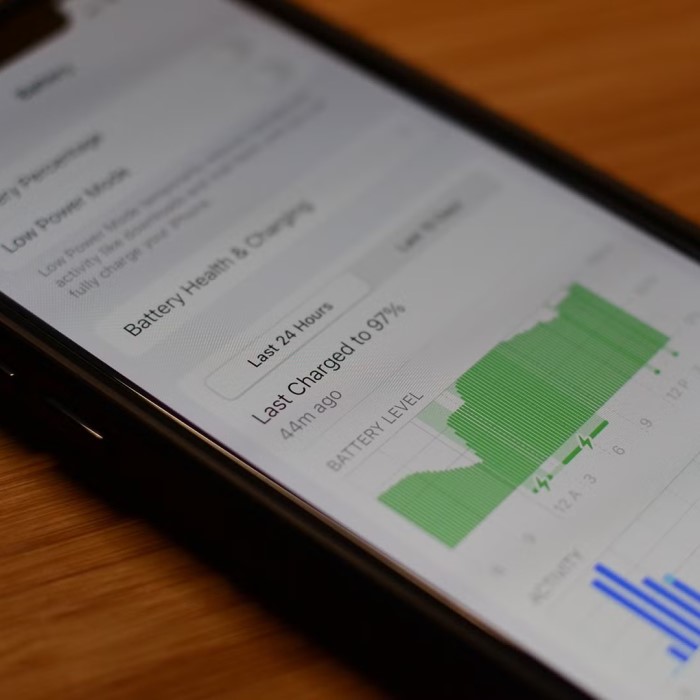
3. Background Apps and Processes
When charging your device, the number of apps and processes running in the background can considerably impact charging speed. Each app consumes power, and if you have many apps active while charging, your phone might require more energy than the charger can deliver. This scenario leads to a decrease in the charging speed you experience.
To minimize this issue, consider closing unnecessary apps before you start charging. Additionally, enabling airplane mode can help reduce background processes. When the phone is in airplane mode, it stops using wireless signals, conservatively managing battery life during charging.
Background apps monitoring tools can help manage resource allocation while charging. For example, when you know you will be charging your device, check for apps using high battery percentages and close them to enhance charging speed.
Tips to Speed Up Phone Charging Speed
1. Use the Right Charger and Cable
To ensure optimal charging speed, it’s crucial to use the charger and cable specifically designed for your smartphone. If you need to replace your charger, invest in high-quality accessories that meet the manufacturer’s specifications. Cheap or generic chargers can malfunction and may even cause safety issues.
Using official or certified chargers ensures that the appropriate voltage and amperage are delivered to the phone. Charger’s quality strongly correlates with how quickly your device can charge; hence, it is worthwhile to know the correct charger for your smartphone model.
2. Enable Fast Charging Features
Many modern smartphones are equipped with fast-charging technology. To take full advantage of this feature, ensure that both your phone and charger support fast charging. Enable fast charging settings located within your phone’s battery settings menu, and use compatible charging cables to benefit from quicker charging times.
Using fast charging does not only save time; it can also help during emergencies when a quick power boost is needed. When you know you’re about to head out and need extra battery life, activating fast charging will be beneficial.
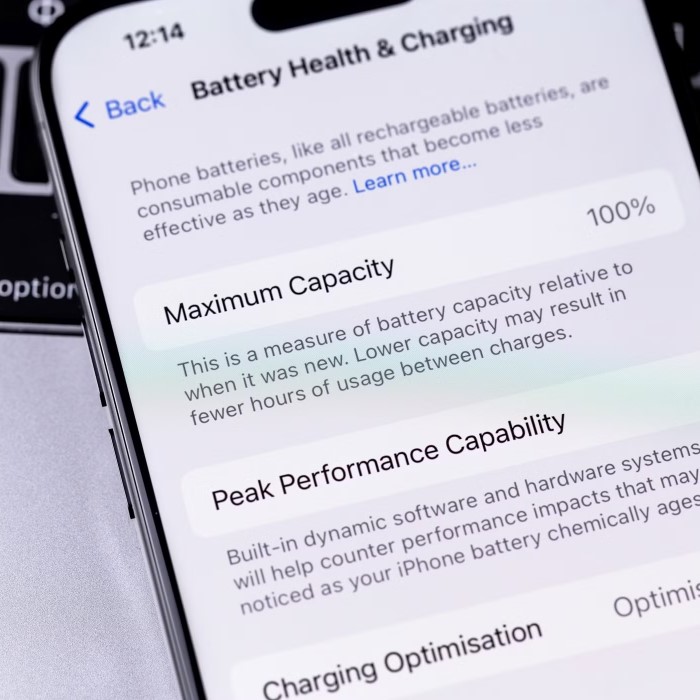
3. Charge in the Right Environment
The Importance of Charging Environment
The environment where you charge your phone plays a critical role in determining the speed and efficiency of the charging process. Ensuring favorable conditions can significantly enhance your device’s performance and protect its battery life. Understanding how temperature and surroundings affect charging can help users establish a better routine for powering their devices.
Avoid Extreme Temperatures
One of the most essential factors in creating a suitable charging environment is to avoid charging your phone in exceptionally hot or cold conditions. Extreme temperatures can adversely affect battery performance. High temperatures can cause the battery to overheat, reducing its ability to hold a charge over time. Conversely, charging in very cold conditions can lead to slower charging times and decreased battery efficiency.
According to battery experts, the optimal temperature range for charging most lithium-ion batteries is between 20°C to 25°C (68°F to 77°F). Staying within this range helps maintain battery health and ensures you achieve faster charging speeds.
Cool, Dry Places are Best
Ideally, you should charge your device in a cool, dry place. Humidity or moisture can affect both the charger and the phone itself, leading to potential corrosion or short-circuiting in the device. By finding a clean, well-ventilated area free from excessive heat or moisture, you help promote better charging conditions.
Consider choosing a location on a flat surface, such as a table or desk, rather than charging your phone on soft surfaces like blankets or pillows, which can trap heat and prevent proper ventilation.
The Risk of Overheating
Overheating not only slows down the charging process but can also lead to lasting damage to the battery itself. High temperatures can cause chemical reactions within the battery that reduce its lifespan and capacity. To prevent overheating, ensure that the charging cable and the phone are well-ventilated during the charging process.
One useful tip is to remove any protective cases while charging. Some cases can trap heat, further contributing to rising temperatures. By letting your phone dissipate heat more effectively, you manage to keep it cool during charging.
Identifying Overheating Issues
If your phone gets hot to the touch while charging, it may be time to take action. Constantly operating at high temperatures can be detrimental to both charging speeds and battery health. If you notice that your phone is overheating, consider moving it to a cooler location or disconnecting it for a brief period to allow it to cool down.
You might also want to check the charger and cable for any signs of damage or shorts, as faulty equipment can lead to excessive heat generation. Always use chargers and cables recommended by the manufacturer to reduce the risk of overheating.
4. Limit Unnecessary Features
Mobile phones come equipped with numerous functionalities that can quickly drain power. Consider turning off unnecessary features, such as Bluetooth, Wi-Fi, and location services, while charging your device. By limiting these options, you allow for more energy to be directed toward the charging process, which enhances charging speed.
You might also consider employing “Do Not Disturb” settings. This feature can limit notifications and incoming calls, allowing your device to conserve battery and charge faster.
![]()
Frequently Asked Questions
How Do I Make My Phone Charge Quicker?
To make your phone charge quicker, ensure you are using the original charger and cable provided by the manufacturer. Also, enabling features like fast charging, limiting background processes, and reducing energy-consuming activities can help expedite the charging process. Lastly, try to charge your phone in a cool environment to avoid overheating, which can significantly slow down the charging speed.
How Do I Fix My Phone Not Fast Charging?
If your phone is not fast charging, first check if the charger and cable are appropriate for your device. Inspect the charging port for dust or debris that might obstruct the connection. Restarting the device can reset charging settings, potentially resolving the issue. If the problem persists, consider seeking professional assistance or replacing the battery.
Additionally, check for software updates on your phone, as some updates may include enhancements for charging speed. Keeping your device’s software up to date is essential for maintaining optimal performance.
Conclusion: Achieving Faster Charging
Understanding why is phone charging slow is crucial for smartphone users looking to enhance their charging experience. By recognizing common issues such as incompatible chargers, poor battery health, and background apps, users can take specific steps to mitigate slow charging. Additionally, implementing simple solutions—such as using the correct charger, enabling fast charging, and managing your device’s environment—can significantly impact charging speed.
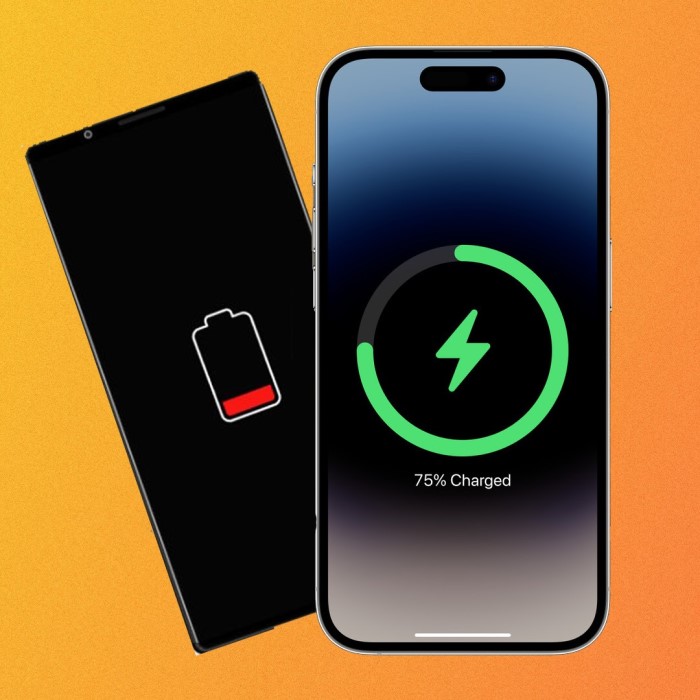
With these insights and tips, phone users can optimize their charging routine, ensuring their devices stay powered and ready for action. By addressing slow charging factors, individuals can enjoy a more efficient charging experience, allowing them to stay connected without interruption.
Ultimately, improving your phone’s charging speed can lead to a smoother mobile experience. Therefore, make it a habit to monitor your charging practices and address any issues that might arise. Empower yourself with knowledge and stay equipped for today’s fast-paced technological world.
